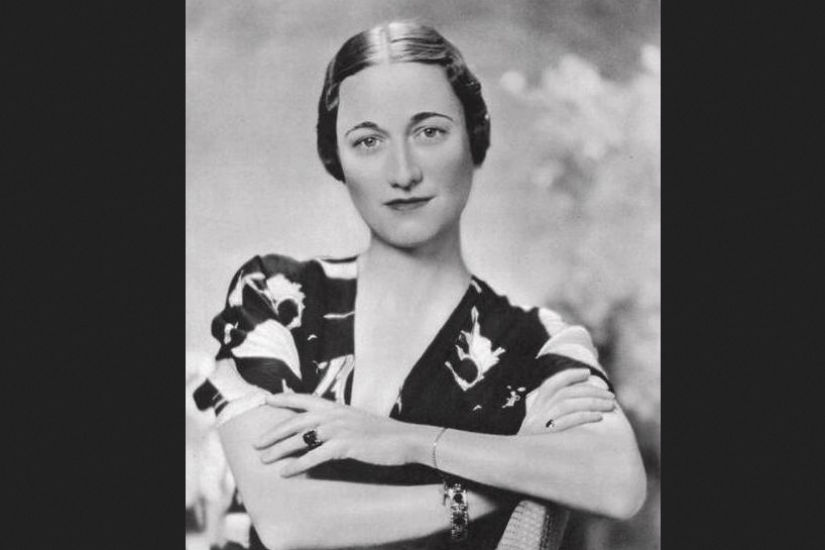No American woman has won Time magazine’s “Person of the Year” by herself in more than eight decades. Over the course of the 91 years that the magazine has proffered the title, in fact, only one has done so: Wallis Simpson, who earned the title in 1936 thanks to her relationship with King Edward VIII, a relationship which eventually led to his giving up his throne.
The next time an American woman was named “Person of the Year” (or, at that time, “Man of the Year”) to the exclusion of any man was in 1975, when the winner of the title was … “American Women.” (Before that, American women were included in the winning group twice, first when “The Inheritor” won in 1966 — apparently a reference to baby boomers — and then in 1969 when “Middle Americans” did.)
On Wednesday, the magazine announced its 2017 winner, as you’ve probably heard: “The Silence Breakers,” a reference to the women (and a few men) who spoke out about sexual harassment, precipitating a remarkable moment of public accountability for people — almost all men — in positions of power in the country.
Power is at the heart of the issue, as we’ve seen while watching the revelations unfold. NBC’s Matt Lauer, movie producer Harvey Weinstein and prominent elected officials all held positions of authority that were leveraged to silence those whom they’d allegedly abused. The New York Times’s exhaustive assessment of how Weinstein kept his actions out of the public eye is, in part, an overview of the power he wielded. Economic power. Corporate power. It’s a journal of how to twist the dials and yank the levers of authority to facilitate shocking and apparently criminal behavior.
That the accusations that have emerged are so pervasive in our culture is a reflection of how pervasive pockets of power are, as well. The Weinstein revelations cracked the dam on any number of situations that had been kept in the dark, but the conditions for that outpouring were established in other ways. The power of the Internet created a sense of community among those who’d been similarly victimized. The election of President Trump despite the accusations against him, as Time’s essay about the winning group notes, inspired a political movement among women on top of which harassment revelations overlapped neatly.
